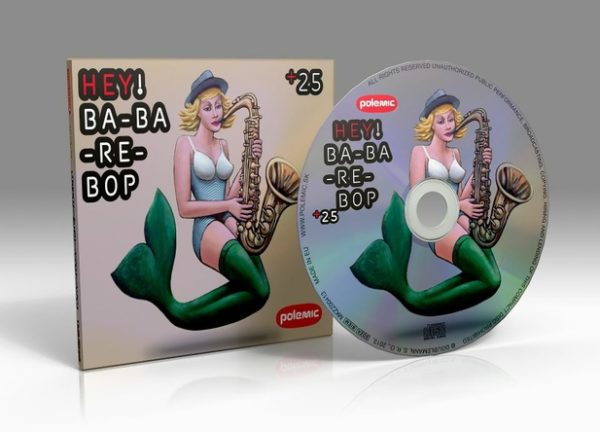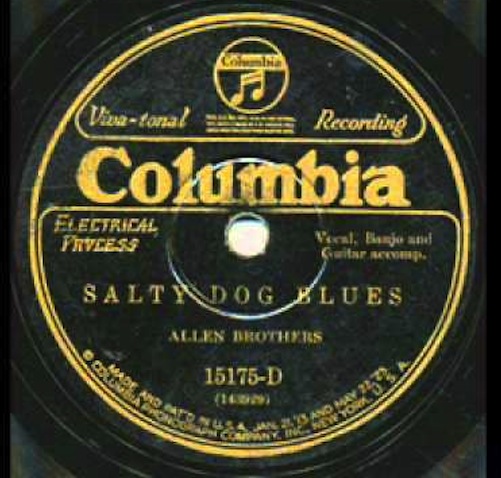Bebop was well known as a jazz style by 1950, but it had also become associated with rhythm and blues in songs like Lionel Hampton’s 1946 hit “Hey! Ba-Ba-Re-Bop.” The trombone solo in Mustard and Gravy’s (Frank Rice and Ernest W. Stokes) stolen version makes the link to horn-driven Black bands explicit — though the use of saxophones, trumpets and horns was far from uncommon in country music at the time.
Country musicians were covering African-American songs long before R&B existed. The Allen Brothers recorded a version of blues performer Papa Charlie Jackson’s “Salty Dog Blues” in 1926. Some Allen Brothers recordings were famously released by their record company in its race series instead of its hillbilly series, much to Austin and Lee Allen’s dismay. The performers wanted to keep their marketing segregated out of racism, but as far as musical style went, there simply wasn’t that much difference between Black and white.

